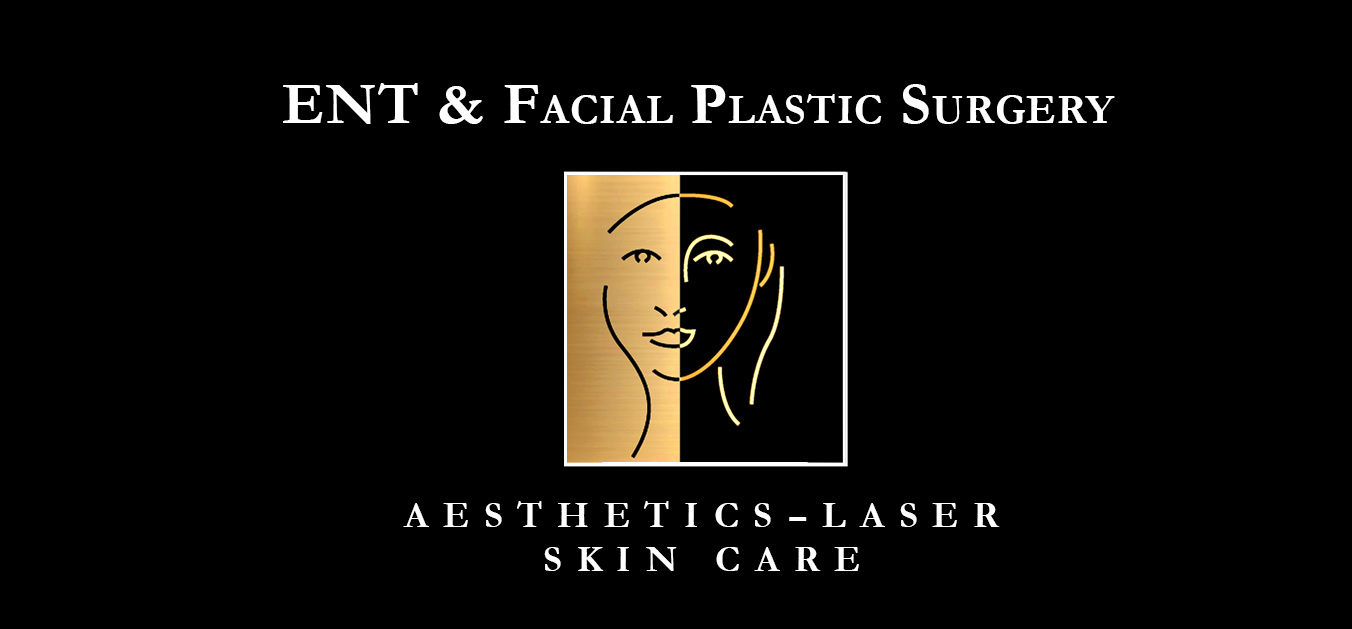Definitive Guide to a Runny Nose Specialist: When to See an ENT for Allergies or Sinus Issues
A runny nose can be an annoying and bothersome issue, especially when it becomes a persistent problem. Whether it’s caused by allergies, sinus troubles, or an underlying medical condition, finding relief can be challenging. Thankfully, there are medical professionals who are experts in diagnosing and treating nasal conditions.
They’re called otolaryngologists or ENTs for ear, nose, and throat specialists. Here’s your definitive guide to a runny nose specialist, including why their expertise is invaluable.
Additionally, you can find info on the wide range of conditions they can address, the types of treatments they offer, and additional helpful information for anyone seeking relief from a constant runny nose.
Here’s Your Definitive Guide to a Runny Nose Specialist
A runny nose is a common annoyance that many of us experience from time to time, especially during the colder months or when allergies are at their peak.
However, there are instances when a runny nose goes beyond being a seasonal nuisance and becomes a cause for concern. Recognizing when this occurs is essential for seeking timely medical attention and preventing potential complications.
When to Take Action for a Recurrent or Chronic Runny Nose
Knowing when to seek treatment for a runny nose can prevent the issue from developing into a more serious issue, as well as improve your overall quality of life. While occasional runny noses are often self-limiting and can be cared for at home, certain situations warrant prompt medical attention.
Take the following into consideration when deciding whether to seek treatment for a runny nose:
- Duration and frequency: If your runny nose persists for more than 10 to 14 days or recurs frequently throughout the year, it may be a sign of an underlying issue that requires medical care. Chronic or recurrent runny noses can be indicative of allergies, chronic sinusitis, nasal polyps, or other nasal and sinus-related conditions that may require professional evaluation and management.
- Accompanying symptoms: Pay attention to any accompanying symptoms that go beyond a simple runny nose. If you experience severe nasal congestion, facial pain or pressure, changes in sense of smell or taste, discolored nasal discharge (yellow or green), headaches, or ear pain, it may indicate an infection or more complex nasal issues that need to be addressed by a healthcare professional.
- Impact on daily life: Consider how the runny nose is affecting your overall health. If it hinders your ability to concentrate, interferes with sleep, reduces productivity, or causes emotional distress, it’s time to seek treatment. Chronic nasal symptoms can have a significant impact on your quality of life, and finding relief is essential.
- Allergic rhinitis: If you suspect your runny nose is caused by allergies, especially if you have a history of seasonal or environmental allergies, seeking treatment can help alleviate symptoms and prevent complications. Allergic rhinitis can be effectively managed with medications and lifestyle modifications, but an accurate diagnosis by a healthcare professional is essential to identify specific triggers and tailor the treatment plan accordingly.
- Immune system disorders: Individuals with compromised immune systems, such as those with autoimmune diseases or those who are undergoing immunosuppressive treatments, should not ignore a persistent runny nose. Immune system disorders can make you more susceptible to infections, and early intervention is crucial to prevent potential complications.
- Underlying medical conditions: If you have a history of chronic sinusitis, nasal polyps, or structural issues like a deviated septum, and your runny nose worsens or persists, it is essential to seek treatment. These underlying conditions can contribute to chronic rhinitis and may require specific interventions to manage effectively.
Why See an ENT Specialist?
Otolaryngologists undergo extensive and rigorous training to become experts in diagnosing and treating conditions of the ear, nose, and throat. After completing their medical degree, they undertake a residency program specializing in otolaryngology, which typically lasts for five to six years.
During this training, they acquire in-depth knowledge and hands-on experience managing a comprehensive range of ear, nose, and throat disorders, making them highly skilled in their field. Their specialization in diagnosing and treating conditions of the ear, nose, and throat equips otolaryngologists with a deep understanding of the complex anatomy and physiology of these areas.
They are well versed in identifying and addressing various runny nose-related issues, including chronic sinus infections, nasal obstructions, allergies, and more. This specialized focus allows them to develop a comprehensive approach to patient care, personalizing treatment plans to individual needs and optimizing outcomes.
Consulting an otolaryngologist comes with a host of benefits due to their comprehensive knowledge and expertise. Their specialized training allows them to accurately diagnose and effectively manage ENT conditions, often leading to quicker symptom relief and improved quality of life.
Furthermore, their familiarity with the latest medical advancements and technologies in the field allows them to offer cutting-edge treatments, ensuring patients receive the best possible care. Whether it’s managing chronic sinus problems, or addressing allergies or other related condition, having a specialist with a deep understanding of the nose can make a significant difference in achieving optimal results and long-term wellbeing.
What Runny Nose Treatments Are Offered by ENT Specialists?
The treatment options they provide are customized to address the underlying cause of your persistent symptoms. For cases related to allergies, ENT specialists often prescribe antihistamines and decongestants to reduce inflammation and nasal congestion.
Intranasal corticosteroids are also commonly used to control allergic symptoms by decreasing inflammation in the nasal passages and preventing excessive mucus production. These medications can provide significant relief and help manage the runny nose associated with allergies.
In cases where chronic runny noses are linked to chronic sinusitis, ENT specialists may recommend a combination of treatments. Nasal irrigation with saline solutions helps flush out mucus and allergens from the nasal passages, providing symptomatic relief.
For patients with recurrent or severe sinusitis, oral antibiotics may be prescribed to treat bacterial infections. In cases where medical therapy alone is insufficient, ENT specialists might suggest surgical interventions such as endoscopic sinus surgery to remove obstructions and promote better drainage of the sinuses. These procedures can effectively manage chronic sinusitis and significantly reduce the frequency and severity of the runny nose.
For patients with structural issues contributing to chronic rhinitis, ENT specialists may suggest surgical procedures like septoplasty or turbinate reduction. Septoplasty corrects a deviated septum, while turbinate reduction reduces the size of the nasal turbinates, which can improve nasal airflow and reduce nasal congestion.
These surgical interventions can help restore normal nasal function, alleviate symptoms, and reduce the frequency of runny noses caused by structural abnormalities. Overall, the treatments offered by ENT specialists for chronic runny noses are tailored to the individual’s unique needs and aim to provide effective and lasting relief.
Don’t Suffer Any Longer – Put Down the Tissues and Call ENT & Facial Plastic Surgery Center Today!
Just one call can lead to a proper diagnosis and targeted treatment plan, providing you with the relief you need! Now that you’ve read the definitive guide to a runny nose specialist, it’s time to pick up the phone.
Contact us today at 703-448-0005, and take the first step towards a life free from nasal discomfort! Whether it’s allergies, chronic sinusitis, or structural issues, our specialists are equipped to identify the root cause of your runny nose and offer personalized solutions.


